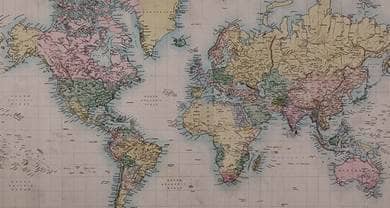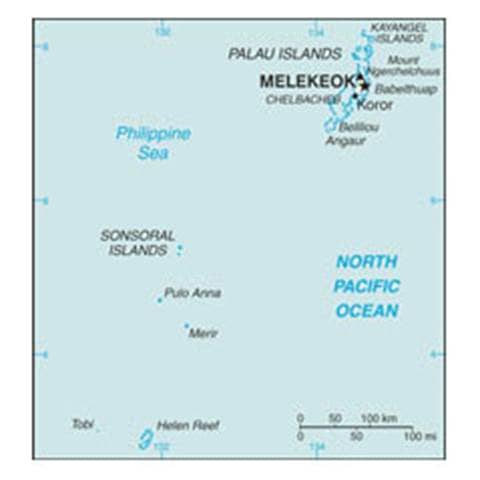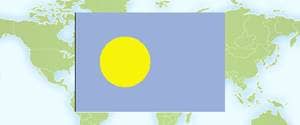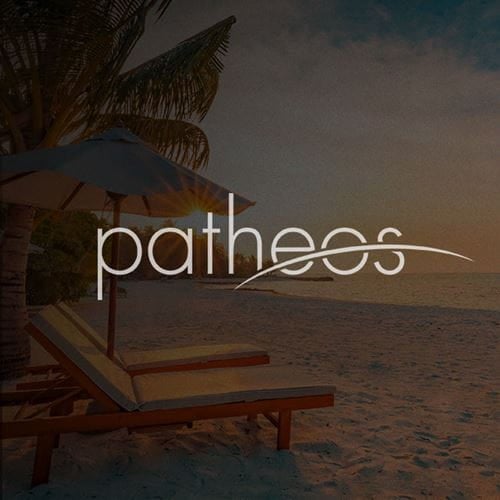- Trending:
- Pope Leo Xiv
- |
- Israel
- |
- Trump
- |
- Social Justice
- |
- Peace
- |
- Love

RELIGION LIBRARY
Palau

An archipelago of more than 300 islands in the western Pacific Ocean, the country has an area of 188 square miles and a population of 20,000. An estimated 70 percent live in Koror State. Approximately 65 percent of the population is Roman Catholic. Estimates of other religious groups with a sizable membership include the Evangelical Church, 2,000; Seventh-day Adventists, 1,000; The Church of Jesus Christ of Latter-day Saints (Mormons), 300; and Jehovah's Witnesses, 90. Modekngei, which embraces both animist and Christian beliefs and is unique to the country, has approximately 1,800 adherents. There is a primarily Catholic Filipino expatriate community of 6,800, as well as a small group of Bangladeshi Muslims.
Since the arrival of Jesuit priests in the early nineteenth century, foreign missionaries have been active; some have been in the country for many years. The Seventh-day Adventists and the Evangelical Church have missionaries teaching in their respective elementary and high schools.
| Population | Population (2009 est.) 20,796 |
| Religious Demographics | Roman Catholic 41.6%, Protestant 23.3%, Modekngei 8.8% (indigenous to Palau), Seventh-Day Adventist 5.3%, Jehovah's Witness 0.9%, Mormon 0.6%, other 3.1%, unspecified or none 16.4% (2000 census) |
| Ethnic Groups | Ethnic Groups Palauan (Micronesian with Malayan and Melanesian admixtures) 69.9%, Filipino 15.3%, Chinese 4.9%, other Asian 2.4%, white 1.9%, Carolinian 1.4%, other Micronesian 1.1%, other or unspecified 3.2% (2000 census) |
| Languages | Languages Palauan 64.7% official in all islands except Sonsoral (Sonsoralese and English are official), Tobi (Tobi and English are official), and Angaur (Angaur, Japanese, and English are official), Filipino 13.5%, English 9.4%, Chinese 5.7%, Carolinian 1.5%, Japanese 1.5%, other Asian 2.3%, other languages 1.5% (2000 census) |
| Country Flag |  |










